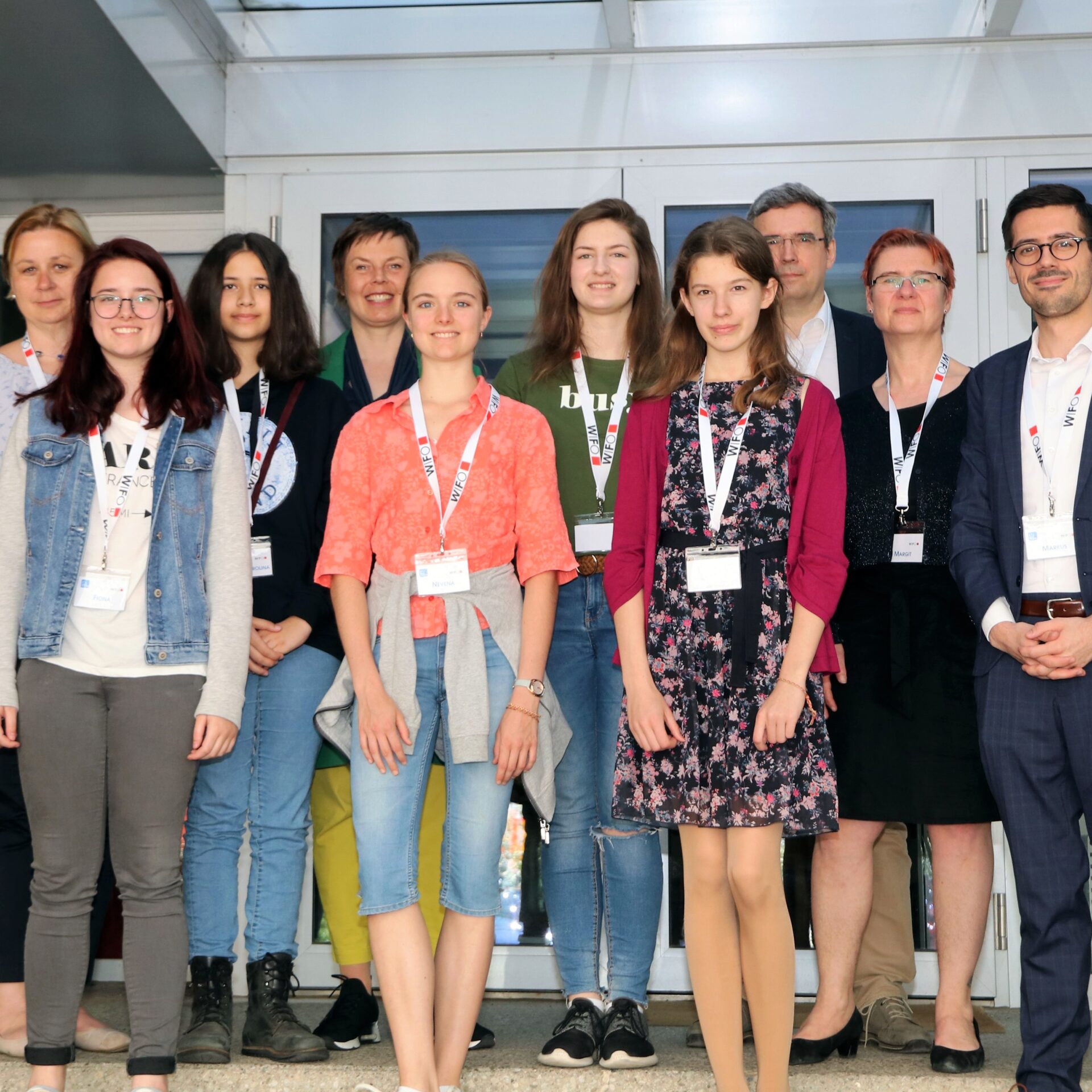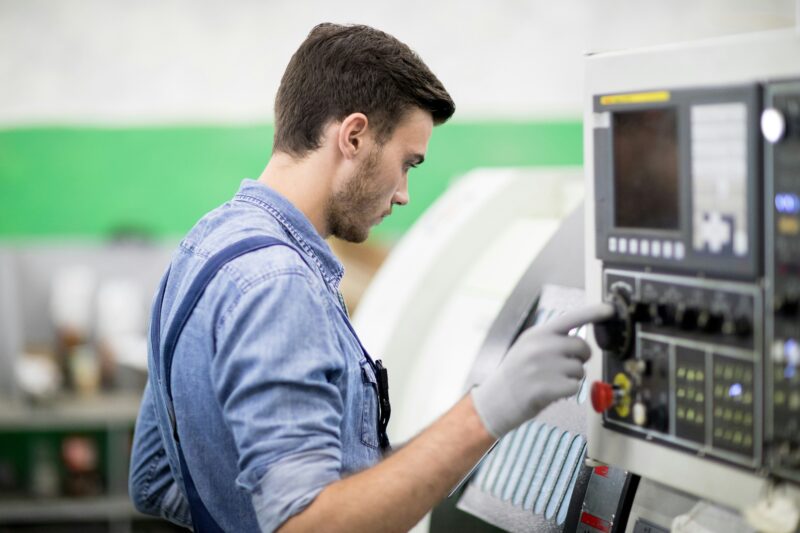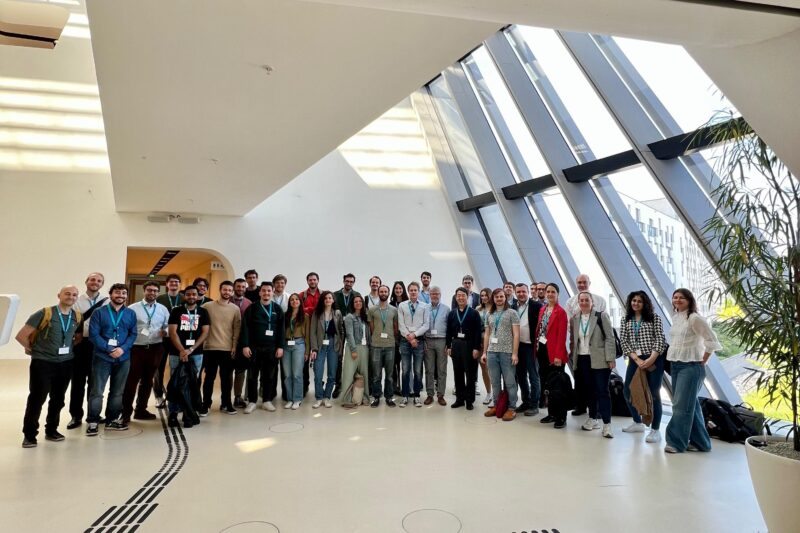
"From Wheat Grain to Bread Roll"
This original press report by the participant, Lara Paluselli, was also produced in the process:
Value added measures the transformation of existing goods into goods of higher value. "When you buy a bread roll, the value of wheat of which it is made, is one Euro-cent", says Sinabell and his young researchers. The "many individual cents" that are earned from the sale of this wheat product are then also given to the farmer – equivalent to the value of production. In addition, expenses for the bread roll also cover the cost of intermediate inputs. In conventional agriculture, these include seed, fertiliser, crop protection, machine costs, drying or hail insurance.
In the case of conventional wheat, the value of production is 915 euros per hectare, while that of intermediate inputs is 657 euros per hectare. If these intermediate inputs are subtracted from production, the value added is obtained. This amounts to 259 euros per hectare. In organic farming, on the other hand, the value added is 426 euros per hectare. "At least in view of this data situation, it would be particularly attractive to produce organic wheat", says the young economist Matthäa Gradwohl.
The idea of the Daughter's Day originated in the USA. In the 1990s, the annual action day "Take Your Daughters to Work-Day" was invented. Originally, only daughters of employees were allowed to participate. Today this "Girls' Day" is open to all girls. From the very beginning, the idea was to give girls an insight into areas of work in which so far only a few women work.
Additional material (in German) is available at: https://franz.sinabell.wifo.ac.at/toechtertag-2019.html
Please contact

























